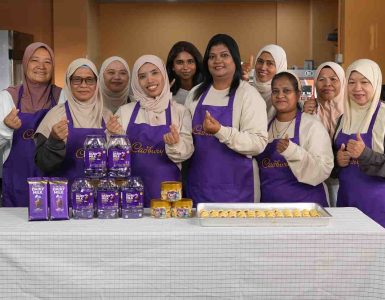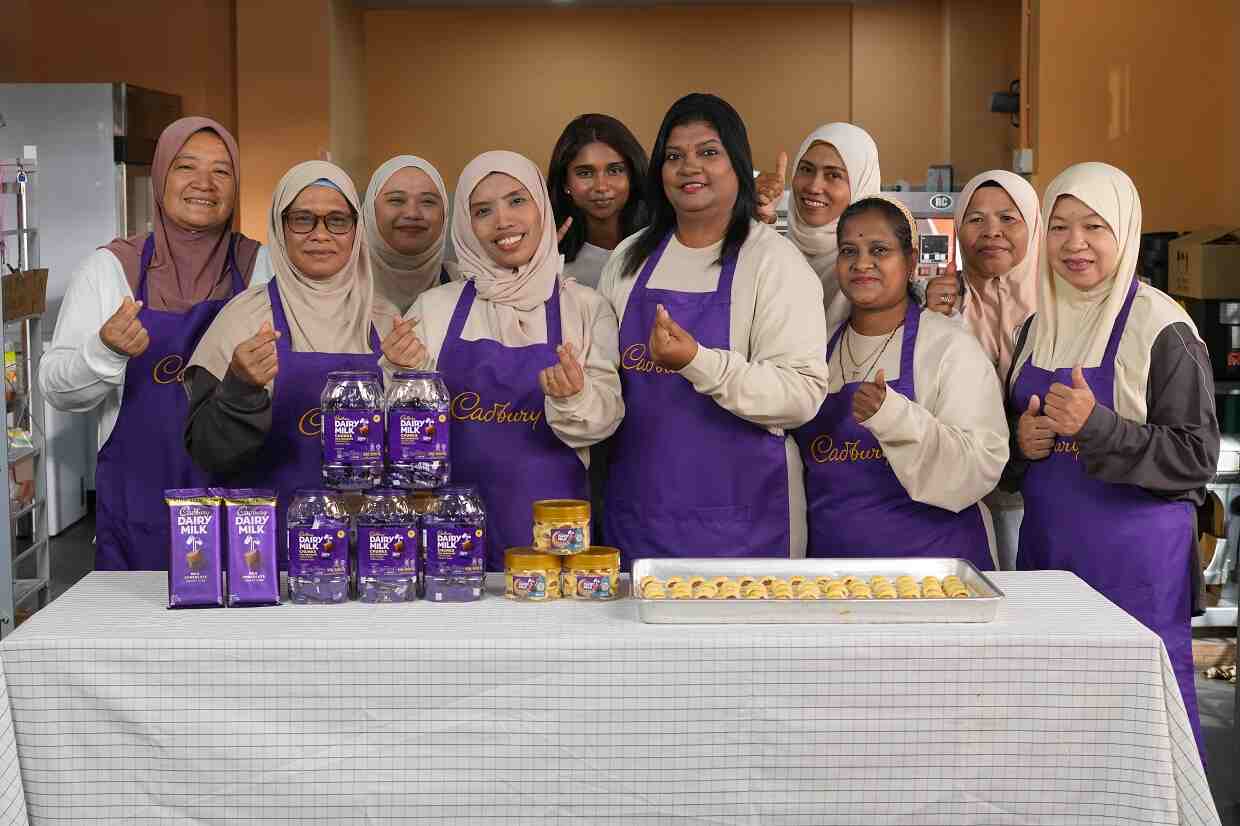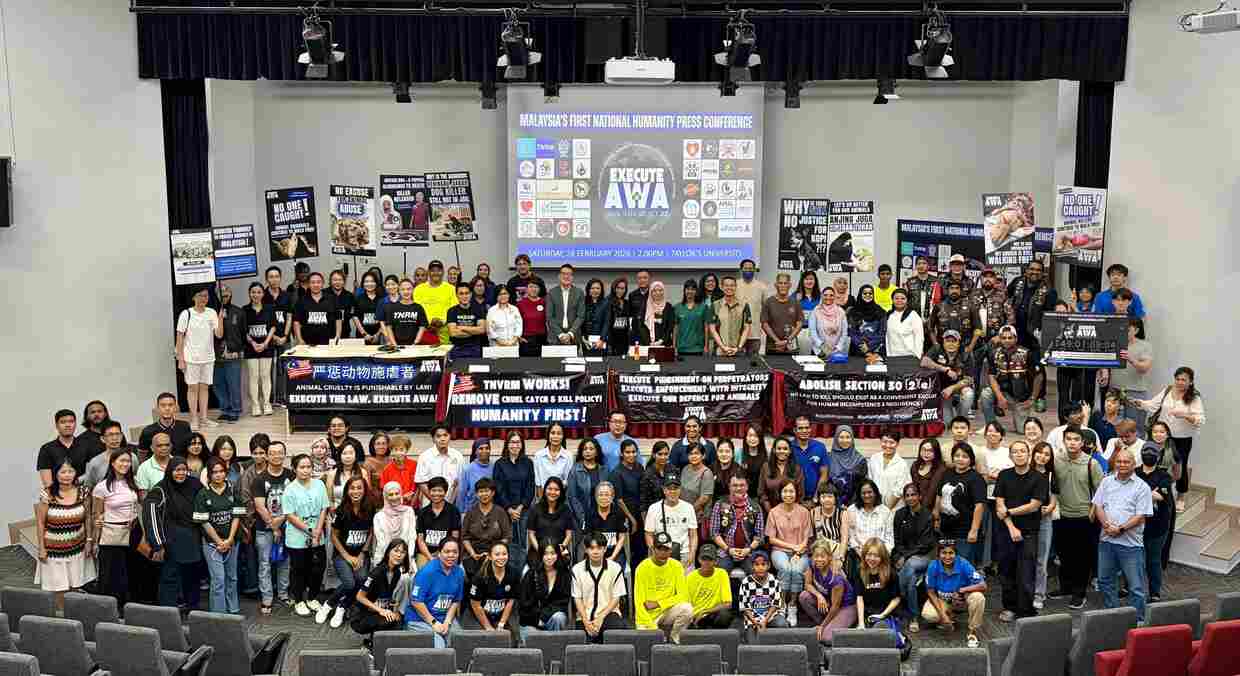The proposed RM700 million rare earth radioactive metal processing plant in Gebeng, Kuantan is safe and not harmful to public health, the Dewan Rakyat was told today.
Minister of Science, Technology and Innovation Dr Maximus Ongkili said the effluent from the plant owned by Lynas (M) Sdn Bhd contained low radioactive material.
He said the effluent was not categorised as a radioactive waste by the International Atomic Energy Agency International (IAEA) as it contained natural radioactive material.
“The plant is safe and we will ensure that the company observes the processing procedures. It differs from the Asian Rare Earth,” he said when winding up debate on the motion of thanks on the royal address.
The Asian Rare Earth plant owned by Mitsubishi Chemical in Bukit Merah, Perak was eventually closed down in 1992 after sustained public protests and was said to have caused at least six cases of leukemia among local residents.
Ongkili was responding to questions raised by Fuziah Salleh (PKR-Kuantan) and Dr D Jeyakumar (PSM-Sungai Siput) on the rationale of the proposed Gebeng plant despite public outcry.
Security measures will be imposed to reduce potential hazards of radiation and pollution from the effluent according to the Alara concept (as low as reasonably achievable).
He said apart from adhering to the Atomic Energy Licensing Board (AELB) rules, Lynas had to comply with all legal requirements established by several enforcement bodies before a license was issued.
“The company is also required to take preventive measures and tight security to ensure that its workers, the public, properties and the environment will not be exposed to the dangers of radiation and pollution (if any) from the effluent,” he said.
He said unlike the Asian Rare Earth, Lynas would use raw material from Australia which contained only one per fifty radioactive material. The sitting resumes tomorrow.
— BERNAMA












